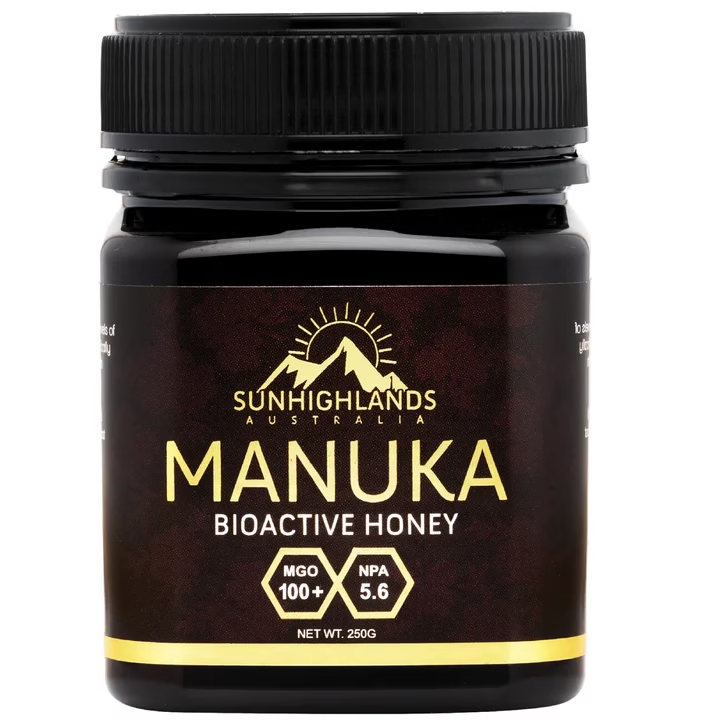Honey has long been celebrated as one of nature’s most versatile and nutritious substances. From adding flavor to tea to serving as a natural remedy for minor wounds, its uses are countless. However, not all honey is created equal, and selecting the right type can be overwhelming. Whether you’re looking for health benefits, culinary uses, or skincare applications, understanding the differences between honey types is essential. For instance, manuka honey MGO 100 has gained significant attention due to its unique properties, making it a popular choice among health-conscious individuals.
Understanding Honey Varieties
Honey comes in various types, each with its own flavor, color, and benefits. These differences are primarily influenced by the flowers visited by bees during the production process. Here are a few common varieties:
- Raw Honey: This is unprocessed honey that retains its natural enzymes, antioxidants, and nutrients. Raw honey is typically cloudier and thicker than processed honey, making it a popular choice for those seeking maximum health benefits.
- Clover Honey: Known for its mild flavor, clover honey is commonly used in baking and as a sweetener for beverages. It’s a great all-purpose option for daily use.
- Buckwheat Honey: This dark and robust honey is rich in antioxidants, making it an excellent choice for boosting immunity and soothing coughs.
- Manuka Honey: Derived from the nectar of the Manuka tree in New Zealand, this honey stands out for its antimicrobial properties, which are measured by its MGO (methylglyoxal) content. Higher MGO ratings indicate greater potency, which can be beneficial for specific health needs.
Factors to Consider When Choosing Honey
When selecting the right honey, several factors should guide your decision:
- Purpose: Consider how you plan to use the honey. If it’s for sweetening food or drinks, a mild variety like clover honey may suffice. For medicinal purposes, a honey with high antimicrobial properties, such as Manuka honey, may be more appropriate.
- Quality: Look for honey that is raw, organic, and unprocessed. These types retain the natural nutrients and enzymes that are often lost during pasteurization.
- MGO Rating: In the case of Manuka honey, the MGO rating is an essential indicator of its potency. A higher MGO rating, such as 100 or above, signifies greater antimicrobial strength.
- Source: Always check the origin of the honey. Reputable sources ensure authenticity and reduce the risk of adulteration.
The Unique Benefits of Manuka Honey
As mentioned earlier, manuka honey is highly valued for its medicinal properties. Its antibacterial qualities make it an effective remedy for wounds, sore throats, and digestive issues. Studies have shown that it can inhibit the growth of harmful bacteria while promoting healing. These properties make it a staple in natural remedies and skincare products.
Beyond its health benefits, Manuka honey has a rich, earthy flavor that complements both sweet and savory dishes. It’s often used as a gourmet ingredient, adding depth to marinades, salad dressings, and desserts.
Tips for Storing and Using Honey
To ensure your honey retains its quality and benefits, proper storage is crucial:
- Store in a Cool, Dry Place: Honey should be kept in an airtight container away from direct sunlight and moisture to prevent crystallization and spoilage.
- Avoid Heating: Excessive heat can destroy the beneficial enzymes and nutrients in honey. If your honey crystallizes, gently warm it in a bowl of hot water to restore its smooth texture.
- Use Clean Utensils: Always use clean spoons or knives to avoid introducing contaminants into the jar.
Common Myths About Honey
There are many misconceptions about honey that can make choosing the right one even more confusing. Let’s debunk a few:
- All Honey is the Same: This is far from true. The type, source, and processing method significantly affect honey’s taste and benefits.
- Crystallized Honey is Spoiled: Crystallization is a natural process and doesn’t mean the honey has gone bad. In fact, it’s a sign of purity.
- Honey Doesn’t Expire: While honey has an incredibly long shelf life, improper storage can cause it to spoil or lose its beneficial properties.
Conclusion
Choosing the right honey for your needs doesn’t have to be daunting. By understanding the different types, their benefits, and how to store them properly, you can make an informed decision that aligns with your goals. Whether you’re drawn to the potent properties of Manuka honey, the mild sweetness of clover honey, or the rich antioxidants in buckwheat honey, there’s a perfect option for everyone. With the right choice, you’ll not only enjoy its delicious flavor but also reap its numerous health benefits.




